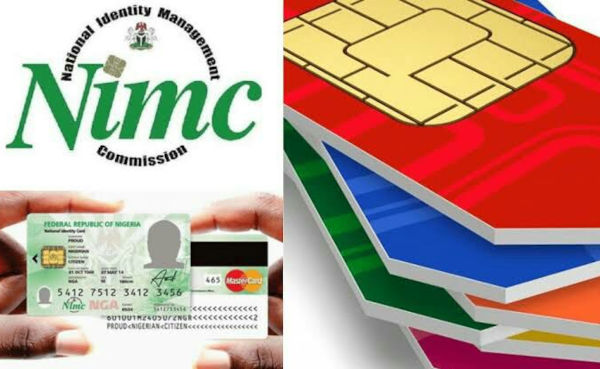Multichoice, a subsidiary of Digital Satellite television (DStv), has disclosed its plans to be listed on the Johannesburg Stock Exchange (JSE) on February 27.
This follows Naspers, the parent company, revelations last year on its plans to list MultiChoice separately on the JSE and, at the same time, separates the business’ shares to its shareholders.
Naspers has evolved in recent years into two distinct business lines, which are a high growth global Internet business with international focus and African video entertainment business.
Naspers noted that given their divergent paths, there was no longer a strategic rationale for keeping both business lines together and there are no synergies between them.
The unbundling and listing will result in Naspers’ shareholders holding a direct interest in MultiChoice rather than holding that interest through Naspers.
ALSO READ:Â How to activate Netflix Smart Downloads on Android and iOS devices
Meanwhile, in its pre-listing presentation, MultiChoice highlighted how it is the leading entertainment platform in Africa.
It supported the claim by comparing its subscriber base – which currently stands at 13.9 million across Africa – against those of Canal Plus Afrique, StarTimes and Netflix.
As at late 2017, Nigeria controlled 40 per cent of MultiChoice Africa’s subscriptions.
But StarTimes’ Overseas Public Relations Director, William Masy, disclosed that approximately 3 million Nigerians are subscribed to the organizations services and products.
Netflix rising subscribers in Nigeria are also in millions. However, MultiChoice claimed it is far ahead of its competition, especially against Netflix –which it said is only a fraction of its size in Africa.
MultiChoice said that Netflix subscriber numbers were based on “digital TV research estimatesâ€, as the company has yet to release official figures.
Netflix is a massive threat to DStv, and the South African company has said many times that the streaming service is biting into its Premium subscriber base.
While DStv subscribers in Africa have increased in recent years, its Premium package has lost subscribers. This has been attributed to its high prices and competition from Netflix.
Source:Â Naspers.com, via: Guardian.ng
































